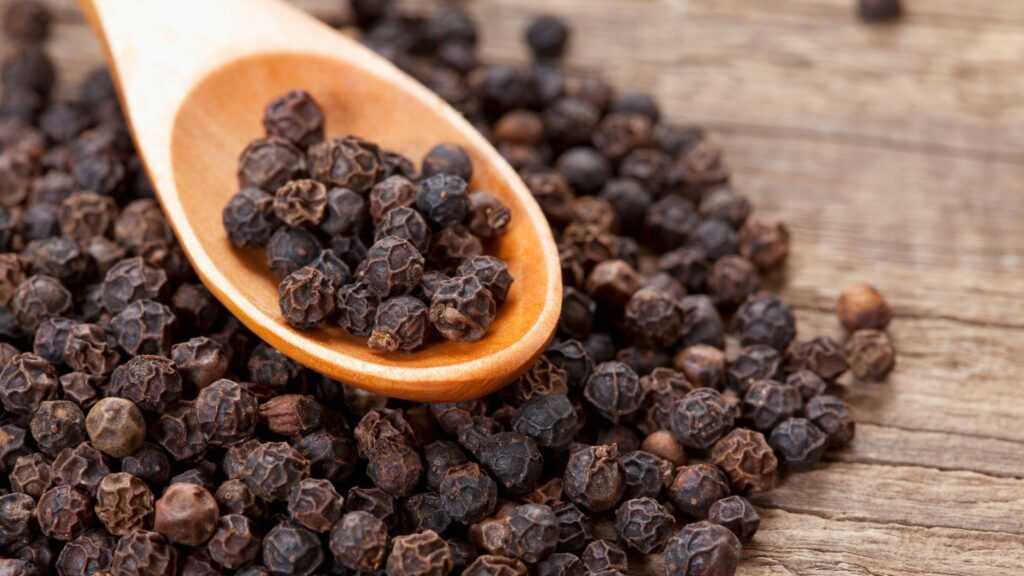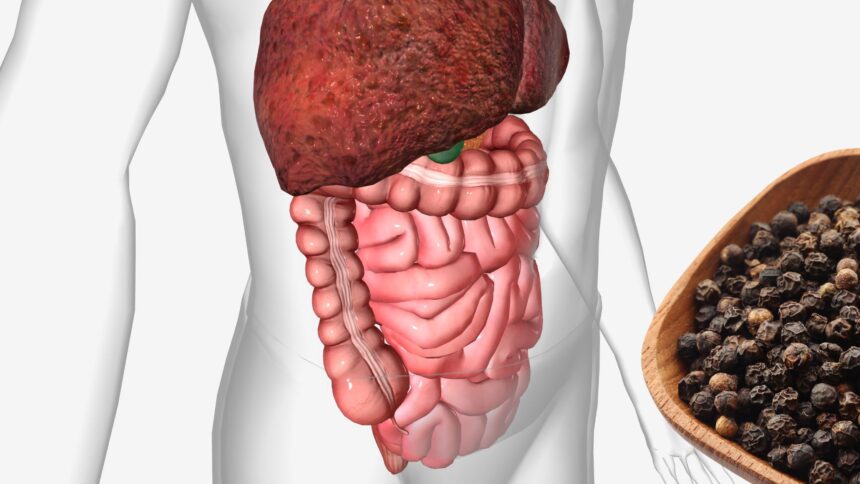With increasingly sedentary lifestyles and processed diets, fatty liver has sadly risen in many communities. While addressing root causes like movement and nutrition remain vital, black pepper showed promise through compounds targeting fat buildup and damage at a cellular level. I reviewed various findings on animal and human trials to gain a fuller picture of this familiar seasoning’s protective capacities
Is Black Pepper Good for Fatty Liver?

As someone with a passion for exploring nature’s remedies, I became curious if the traditional uses attributed to black pepper related at all to its effects on the liver. My research uncovered encouraging results that provide hope for those coping with non-alcoholic fatty liver disease.
1. Piperine Stimulates Detoxification
Studies using rodent fatty liver models found black pepper’s piperine spurred phases that rid the body of toxins and excess fat stores in the liver, preventing inflammation. Researchers witnessed less damage and buildup with piperine supplementation compared to controls.
2. Synergistic Effect with Turmeric
Curcumin in turmeric benefits fatty livers partly by regulating cytokines from immune cells linked to fat deposits. Studies show piperine enhances turmeric’s anti-inflammatory traits that gently diffuse inflammation central to the condition.
3. Insulin Resistance Improvements
Research ties greater pepper intake to fewer diabetes cases, itself a leading cause of fatty infiltration. Experiments show piperine protected cells against fat-induced insulin resistance by blocking pathways implicated in its worsening.
4. Antioxidant Fortification
Human trials found black pepper boosted glutathione and other natural defenders against oxidative damage to the liver from free radicals, which fuel fat accumulation. Strengthening cellular protection aids the gentle cleansing of excess stores.
How can I incorporate black pepper and turmeric into my daily diet?
Here are some gentle ways to incorporate black pepper and turmeric into your daily routine to nourish your well-being:
- Add a pinch of each to rice or lentils as they simmer. Their flavors enhance savory dishes while comforting your inner cook.
- Stir a 1/4 tsp of each into warm milk or almond milk. Sip slowly, feeling tensions dissolve as spices warm your insides.
- Spice up sautéed or roasted veggies with a blend of the two. Picture nutrients nourishing every cell as you savor each colorful, grateful bite.
- For snacks or condiments, mix a dash into hummus, guacamole or nut butter. Spread small acts of self-care throughout the day.
- Try golden lattes by steeping turmeric and pepper in warm milk with cinnamon. Let comfort envelop you amid life’s swirls.
- Capsules ensure potency if you don’t enjoy cooking. Take mindfully with meals to fuel your body’s innate wisdom.
However you welcome them each day, may black pepper and turmeric’s marriage remind us that wellness arises from slow, gentle rituals of love – for self and others both. Our healthiest days bloom from quiet, thoughtful acts of care. I wish you many such days ahead.
Conclusion
While diet and activity influence outcomes most, preliminary data implies this humble ingredient lent broad multifaceted support targeting fatty buildup at its roots through multiple healing compounds. Further research may bring wider recognition of pepper’s gift for nourishing whole-body wellness.




